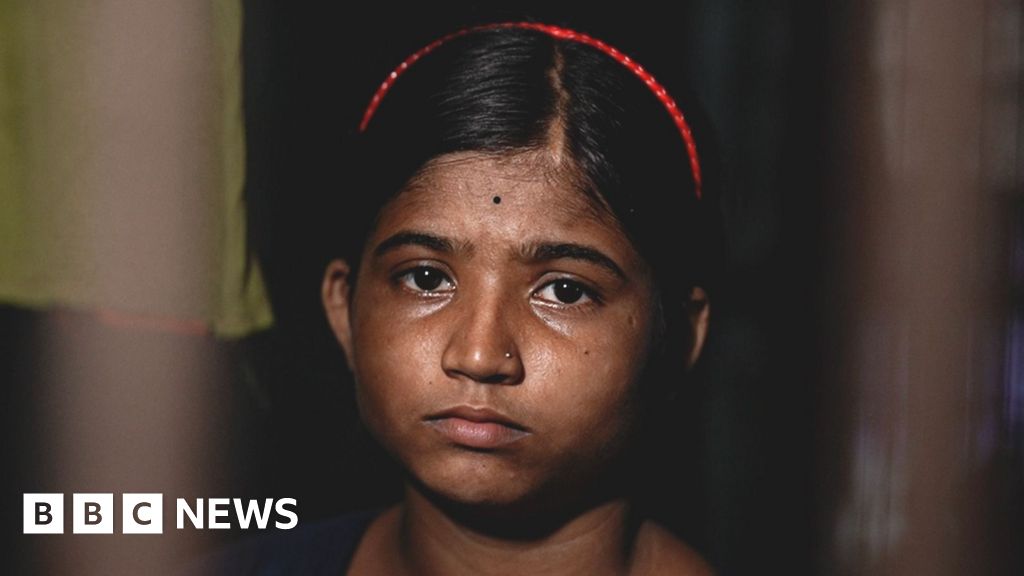Ronny Sen reported for the BBC that Puchu was just nine years old when he unknowingly struck a homemade bomb, causing a deadly explosion. This tragic incident is just one of at least 565 cases over the last three decades where children in West Bengal, India have been injured or killed by such devices, according to a BBC Eye investigation. These bombs, often used in political violence in the region, have taken a heavy toll on Bengali children, who are paying the price for the dangerous conflict.
In a heart-wrenching event in May 1996, Puchu and his friends were playing cricket in a Kolkata slum when they came across what they thought were cricket balls in a nearby garden. Little did they know, these were actually bombs disguised as balls. When Puchu struck one with his bat, it exploded, causing devastating injuries to him and his friends. Tragically, two boys lost their lives, while Puchu barely survived after spending over a month in the hospital.
Unfortunately, this incident is just a glimpse into the long history of bomb violence in West Bengal. These crude bombs, known as “peto,” are often filled with shrapnel and used by political activists to intimidate opponents and assert control, especially during elections. Children like Poulami and Sabina have been among the innocent victims of these bombs, suffering life-altering injuries when they unknowingly came across these deadly devices.
The use of bombs as tools of intimidation in West Bengal dates back to the early 1900s, during the rebellion against British rule. Today, these bombs continue to wreak havoc in the region, causing harm to children who are simply going about their daily lives. The devastating impact of these bombs is not just physical, but also carries social and emotional consequences for the young victims and their families.

